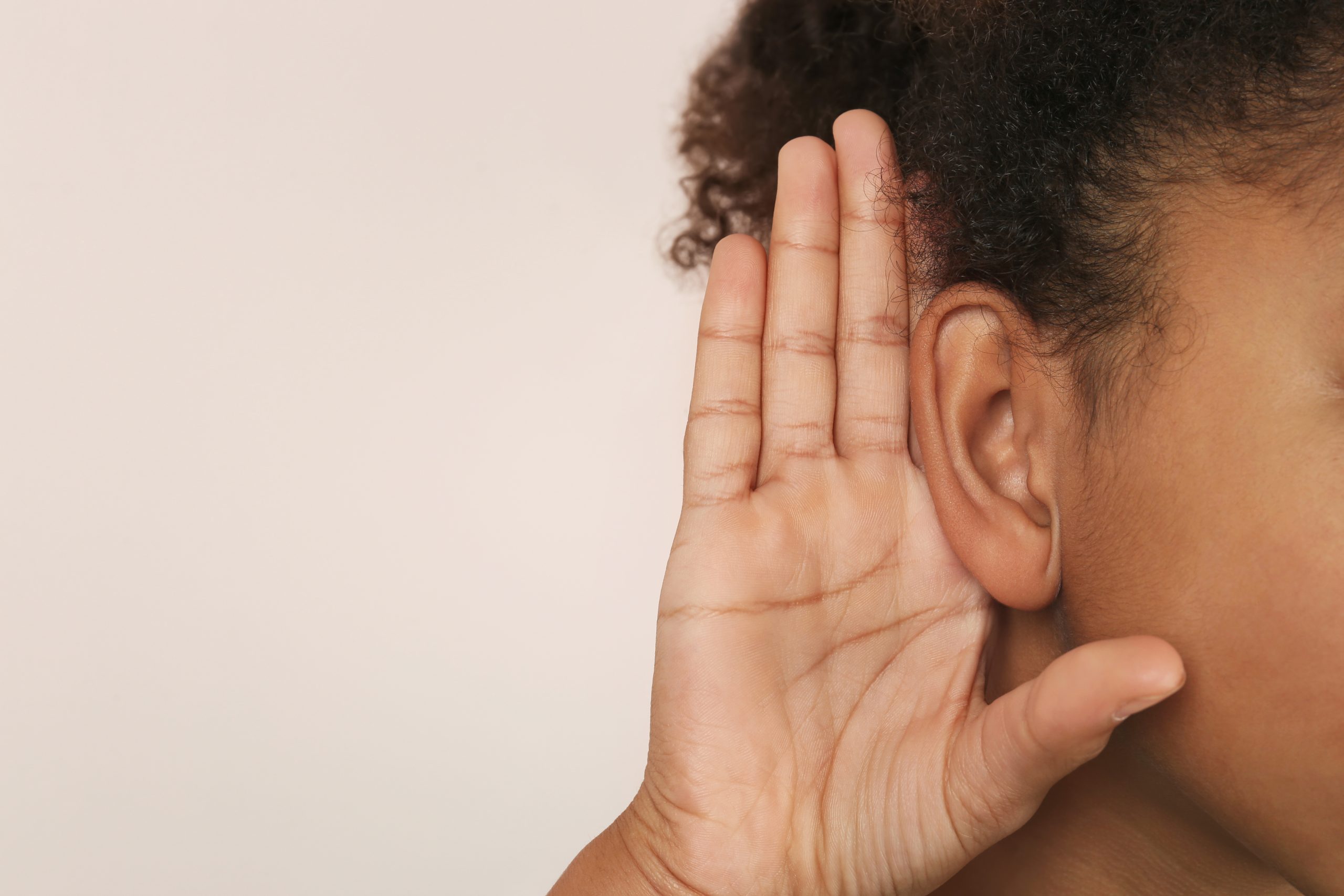Tinnitus, commonly known as ringing in the ears, is a condition that affects millions of people worldwide. It can be caused by a variety of factors, including exposure to loud noises, ear infections, or certain medications. Tinnitus can be extremely bothersome and can affect a person’s quality of life. Fortunately, there are several ways to manage tinnitus and reduce its impact.
- Identify the underlying cause
One of the first steps in managing tinnitus is to identify the underlying cause. This can be done by visiting an audiologist or an ear, nose, and throat (ENT) specialist. They can perform a thorough examination and determine if there are any underlying conditions that may be causing the tinnitus. Once the underlying cause is identified, treatment can begin.
- Practice relaxation techniques
Stress and anxiety can make tinnitus worse, so it is important to practice relaxation techniques to help manage these emotions. Meditation, deep breathing exercises, and yoga are all effective ways to reduce stress and anxiety. Additionally, regular exercise can also help manage stress and improve overall health.
- Avoid loud noises
Exposure to loud noises can cause or worsen tinnitus, so it is important to avoid them whenever possible. If you work in a loud environment, be sure to wear earplugs or other protective devices to prevent further damage to your ears. When attending concerts or other events with loud music, stand at a distance from the speakers or wear earplugs to reduce the risk of damage.
- Use sound therapy
Sound therapy involves using external sounds to reduce the impact of tinnitus. White noise machines, nature sounds, and other soothing sounds can be used to distract from the ringing in the ears. Some people find relief by listening to music, especially classical or calming instrumental music.
- Try cognitive-behavioral therapy
Cognitive-behavioral therapy (CBT) is a type of talk therapy that can help manage tinnitus. It focuses on changing negative thoughts and behaviors related to tinnitus and promoting relaxation. CBT can be done individually or in a group setting and has been shown to be effective in reducing the impact of tinnitus on a person’s life.
- Consider medication
In some cases, medication may be prescribed to manage tinnitus. Anti-anxiety medication, such as benzodiazepines, can help reduce anxiety and stress related to tinnitus. Tricyclic antidepressants can also be used to help manage tinnitus, as they can reduce the intensity of the sound.
In conclusion, tinnitus can be a challenging condition to manage, but there are several ways to reduce its impact. By identifying the underlying cause, practicing relaxation techniques, avoiding loud noises, using sound therapy, trying cognitive-behavioral therapy, and considering medication, tinnitus sufferers can find relief and improve their quality of life. If you are experiencing tinnitus, speak with your healthcare provider about the best course of treatment for you.





